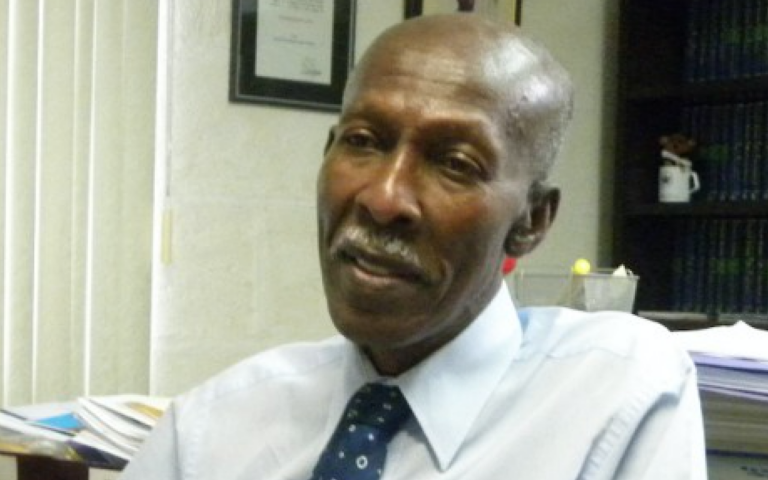
The days of persons being convicted of criminal offences and having their records immediately expunged in the Magistrates’ Courts could well be a thing of the past, based on a powerful precedent set in the Supreme Court on Monday.
In fact, the recent judgment suggests that the magistrates who delivered such rulings may well have been acting outside of their power.
In handing down a judgement regarding the treatment of public officers facing disciplinary proceedings, Madame Justice Shona Griffith rejected arguments from two separate claimants who were represented by Hal Gollop Q.C. in association with Saffron Griffith on one hand and Gregory Nicholls on the other.
The lawyers sought to suggest that their respective clients, Kenrick Carmichael and Wilbert Lynch, were unlawfully dismissed from the public service for criminal convictions, because those criminal convictions had never been recorded in the system.
Although their overall claims for judicial review of the decisions to remove them was successful, their arguments about the effect of their previous convictions were not, virtually erasing the age-old practice.
“It has put that old practice that has been exercised in the Magistrates’ court from time immemorial of magistrates ordering that no conviction should be recorded, it holds that up to consider whether it has any legal validity,” Gollop told Barbados TODAY on Tuesday.
“The learned trial judge found that the Statutes under which the Magistrate operates allows for no such jurisdiction. It places no such authority in the magistrate to exercise such a jurisdiction,” he added.
In the case of the late Wilbert Lynch, who was represented by Nicholls, it was argued that although he had been found guilty on a charge of theft, there was no record of guilt against him in the records of the Royal Barbados Police Force (RBPF), on his Police Certificate of Character, or on the Order Book at the District ‘A’ Magistrates’ Court where the proceedings unfolded.
Nicholls however told Barbados TODAY he would comment on the matter when Justice Griffith had presented a written judgement.
However, Gollop, who presented similar arguments on behalf of his client, Carmichael, declared the judgement would “certainly” affect citizens in the future. He added that those wishing to benefit from such leniency could now only do so through the Criminal Justice (Rehabilitation of Offenders) Act, which allows for records to be expunged through an application process on grounds such as good behaviour.
“It would certainly have great significance for any future conduct of the magistrate in respect of that old practice of not recording convictions. Even though the persons were found guilty, the magistrates would consider that there were mitigating circumstances that would justifiably order that no such convictions were to be recorded,” he explained. (kareemsmith@barbadostoday.bb)
The post Court ruling has implications for magistrates’ action appeared first on Barbados Today.